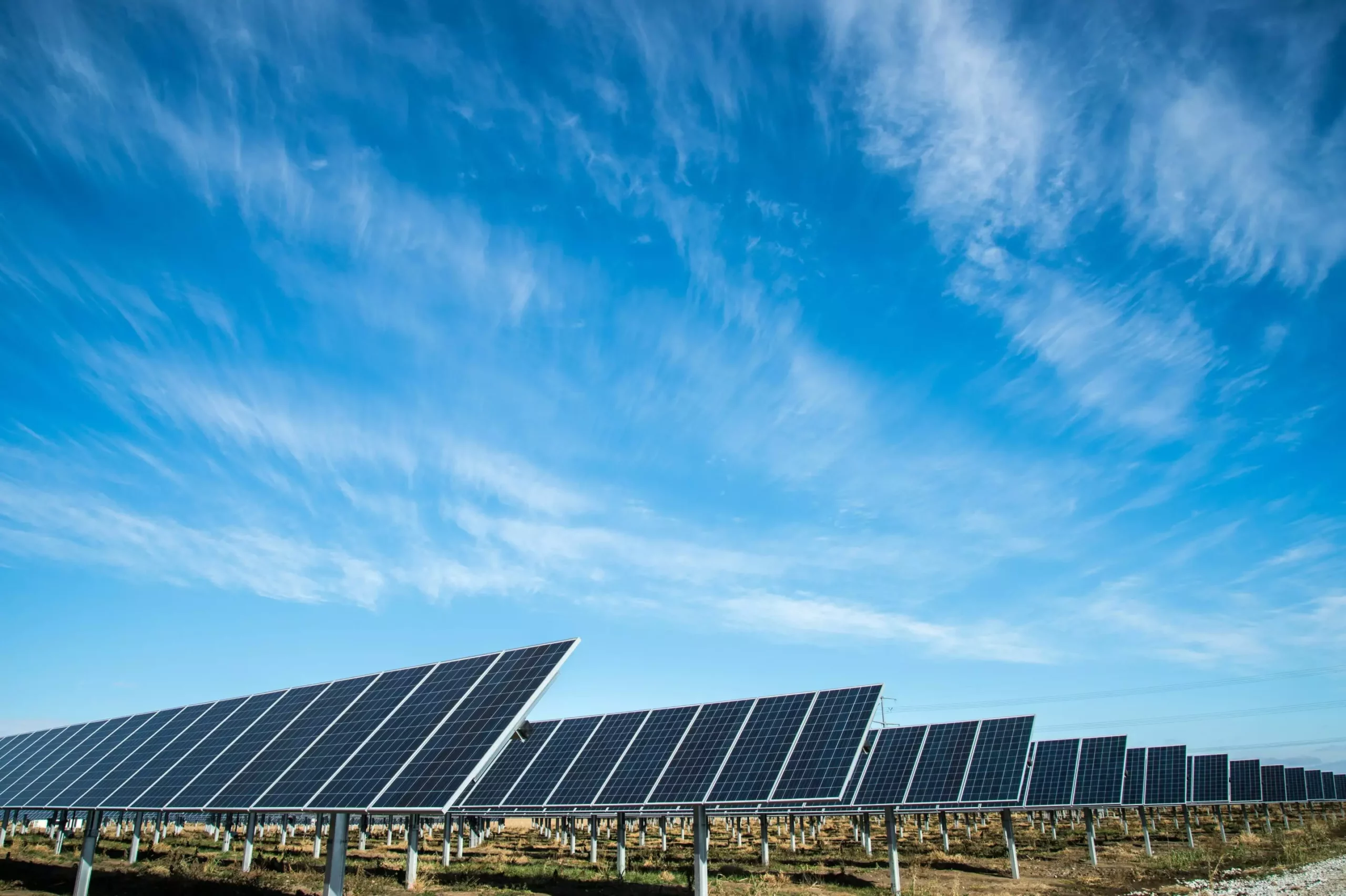

Africa, despite being the least contributor to greenhouse gas emissions, faces significant challenges with energy access, rapid population growth, and urbanization rates. These factors could potentially lead to an increase in emissions due to economic growth, industrialization, and urban development. However, there is hope for a sustainable future in Africa through green investments and innovative solutions.
Research has shown that Africa’s growth is unlikely to have a significant impact on global carbon targets in the short term. Different scenarios, such as low growth, high growth, green growth, and mid-growth, present varying outcomes in terms of carbon emissions. It is crucial for African countries to focus on sustainable development and invest in a “Green New Deal” to ensure a clean and equitable future for the continent.
Various factors, including population growth, economic growth, energy intensity, and carbon intensity, influence emissions scenarios in African countries. The Kaya identity, a mathematical tool, helps predict how carbon dioxide emissions might change based on these factors. By analyzing historical data and population projections, researchers have developed four potential scenarios for Africa’s future carbon emissions.
Encouraging green growth in Africa involves sustaining economic growth while minimizing fossil fuel use. Countries like Kenya have demonstrated success in balancing economic prosperity with renewable energy investments. By focusing on green growth, Africa can achieve economic development without compromising environmental sustainability.
African countries heavily rely on external actors for their transition to renewable energy. International support through financial and technical assistance is crucial for implementing climate action plans. However, it is essential for African nations to ensure that climate finance aligns with their developmental goals and includes community-empowering investments.
To achieve a green-growth scenario, African countries must prioritize climate mitigation efforts and inclusive investments that benefit local communities. By expanding local industries and promoting renewable energy systems run by local companies, Africa can pave the way for a sustainable and environmentally conscious future.
Africa has the potential to lead the way in green growth and sustainable development. By investing in renewable energy, addressing emissions intensity, and fostering international partnerships, African countries can achieve economic prosperity while mitigating the negative effects of climate change. A collective effort from governments, businesses, and communities is essential to build a promising future for green growth in Africa.
In the realm of software development, the ability to swiftly and accurately address bugs is…
The realm of quantum computing and communication is not just an abstract dream anymore; it…
In a remarkable leap for the field of material science, a collaborative research initiative has…
Throughout Earth's vast history, our planet has endured five major mass extinction events that reshaped…
Rainfall is a vital element of our planet’s hydrological cycle, yet many aspects of its…
On a night when the universe aligns, a mesmerizing phenomenon awaits: the appearance of the…
This website uses cookies.